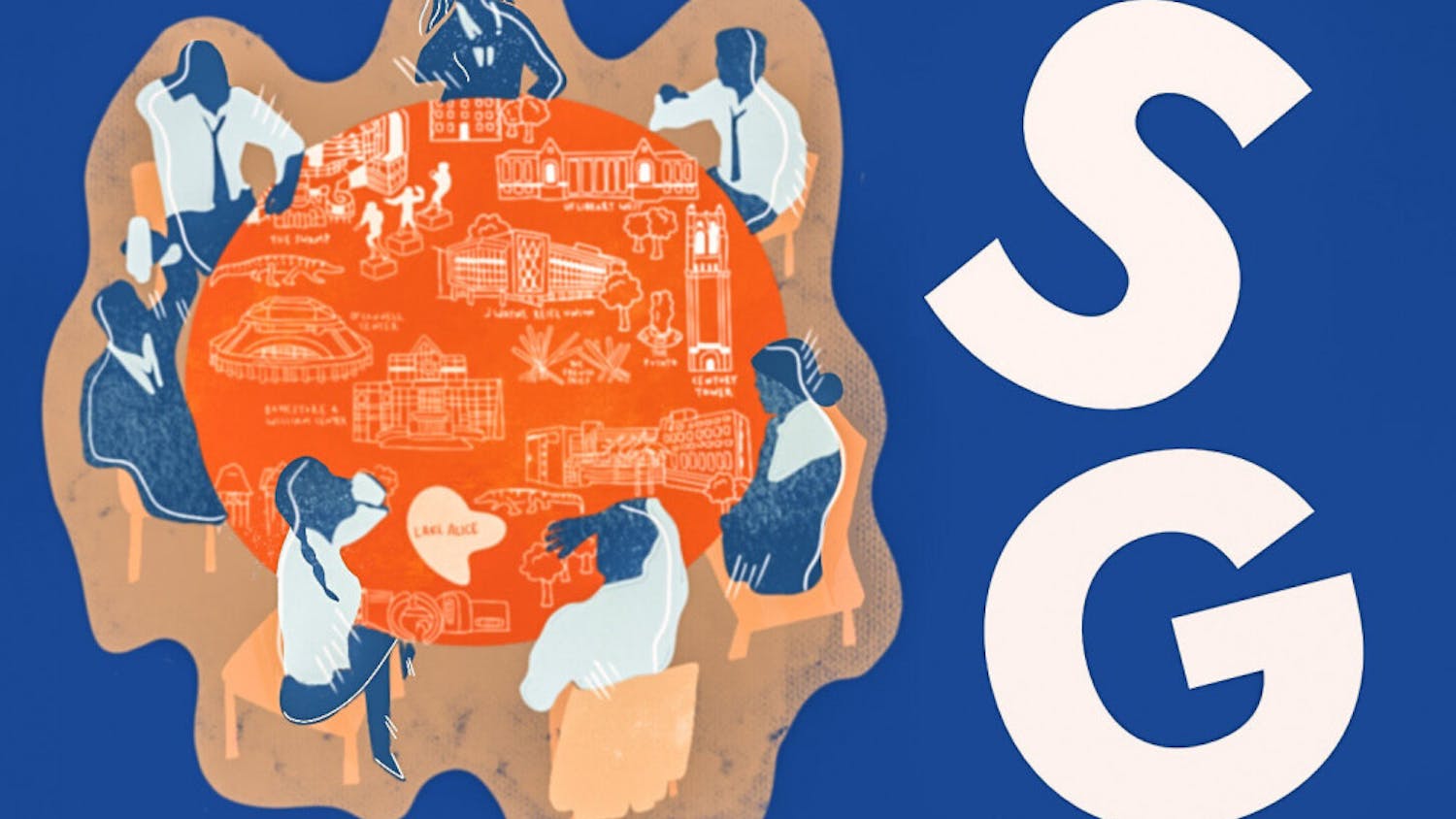Ever wonder whether you might have been happier at Harvard University? A lot of students think they settled by going to a state school. Some believe the only way to reach the upper echelon of American society is to shoot for an Ivy League school, network like mad and rub elbows with the “elite.” From what I’ve seen of UF and what I’ve seen of the Ivy League, to UF students I say: You made the wise financial choice. First, Ivies are not all equally forgiving to low-income students. Second, state schools do more for the American dream.
It’s no secret that the Ivy League is expensive. Common tuition rates per semester at schools like Harvard, Yale University and Brown University are upwards of $45,000 per year. Many admitted students are left in a lurch after receiving their aid packages; they try to fashion a patchwork raft of work-study, student loans and whatever parental help they can get just to stay afloat. Even with generous financial aid, many can’t afford flights and overhead costs; cost of attendance and tuition are very different things. Though you may have had the grades and the grit to get through the rigorous program at an Ivy, you may have been buried up to your neck in debt.
State schools, on the other hand, are much more affordable. Tuition at UF and other top public colleges clock in just above $10,000 per year. That’s a world of a difference.
This hit close to home when a personal friend of mine opened up to me about how attending an Ivy League was putting a financial strain on them and their family. This big-name, prestigious school decreased their award significantly for the Fall semester. My friend found themselves priced out. They called the financial aid office, hoping to get just a little more leniency from an institution with such a huge endowment. What the counselors told them proves my point: “Have you considered taking out loans?” they asked. The loan would’ve been about $30,000. Four more semesters loom on the horizon. It speaks volumes about their mission that the best the counselors could do was offer a mountain of crippling debt. This is a common trouble for those not low enough on the bracket to get serious aid but not high enough to able to afford tuition.
It comes down to a difference between public and private schools. Promoting learning at Ivies seems secondary to collecting big money tuition checks. Even if generous on paper with award packages, consider this: at Dartmouth College, Princeton University, Yale, University of Pennsylvania and Brown, more students came from the top 1 percent of the income scale than from the entire bottom 60 percent. If you weren’t already wealthy, getting into an Ivy would have been a struggle without the resources you needed and even harder to keep succeeding.
All things considered, I’m proud to be a student at UF. We’re listed at number 7 on The New York Times list of “Top Colleges Doing the Most for the American Dream,” higher than any Ivy. I might shoot for law school at one, but I’m very happy I kept myself financially stable in Gainesville. It rings true in so many ways: It really is great to be a Florida Gator.
Stephan Chamberlin is a UF political science junior. His column comes out Tuesday and Thursday.





